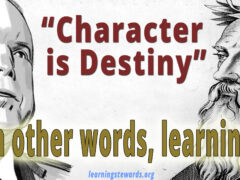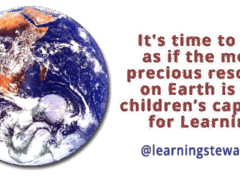The business examples are everywhere: Kodak missing Xerox, IBM missing Microsoft, Sony missing Apple, Microsoft missing Google, Google missing Facebook, Facebook missing Twitter, Blockbuster missing Netflix, Walmart missing Amazon, and on and on. In each case, the already dominant, well-positioned, and resourced company failed to take advantage of a huge opportunity emerging in its own […]
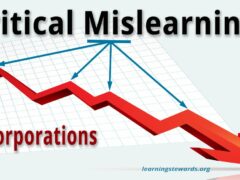

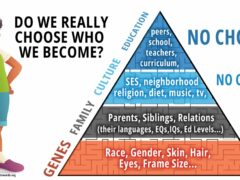
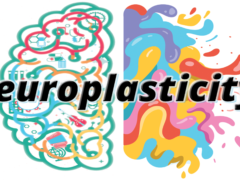
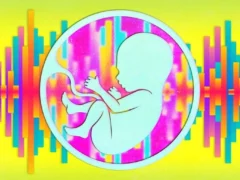
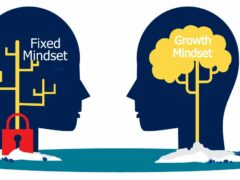
![Other Words for Learning: Maternal Socialization motherandchi[1]](https://learningstewards.org/wp-content/uploads/2022/03/motherandchi1-240x180.jpg)
